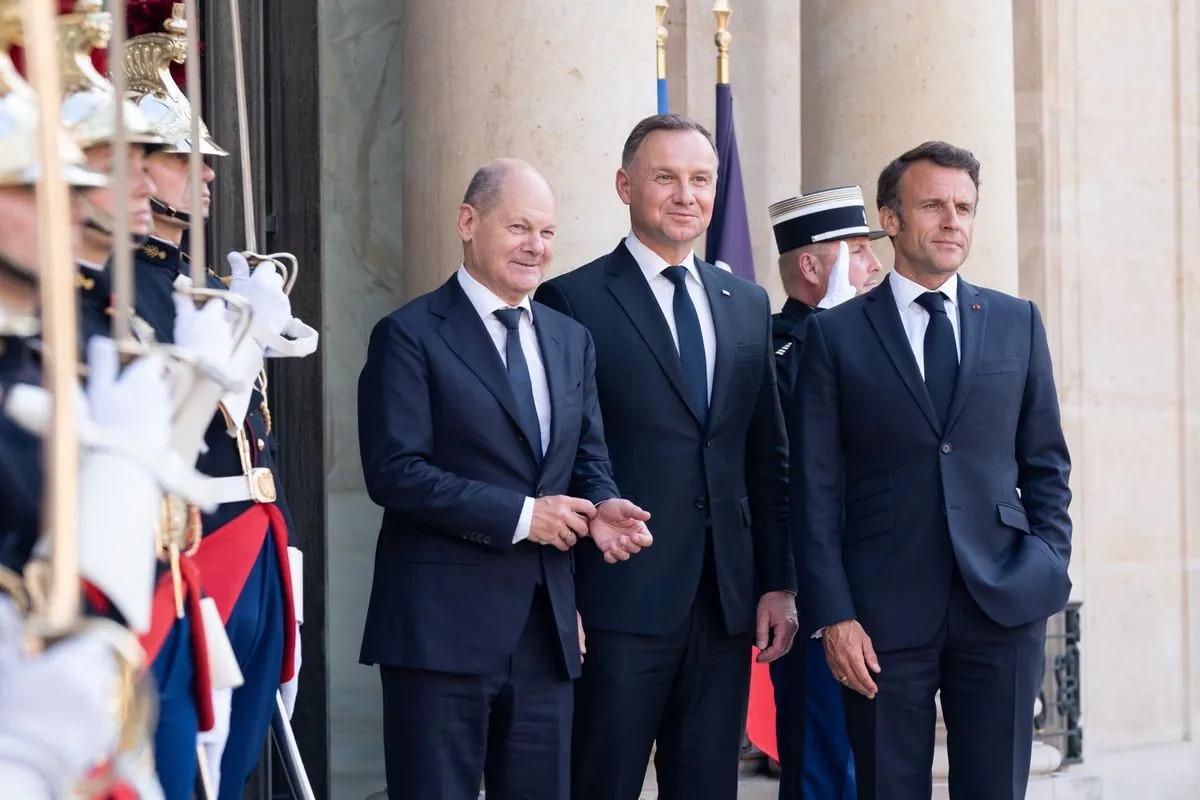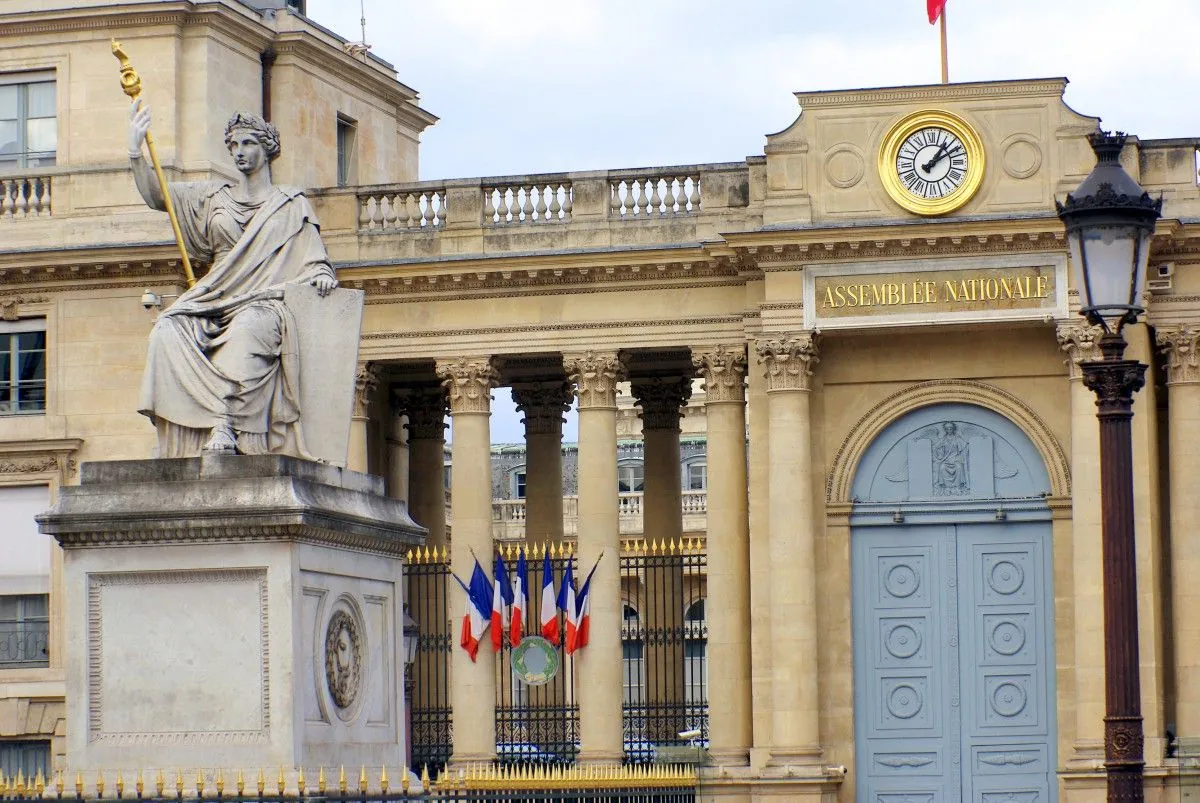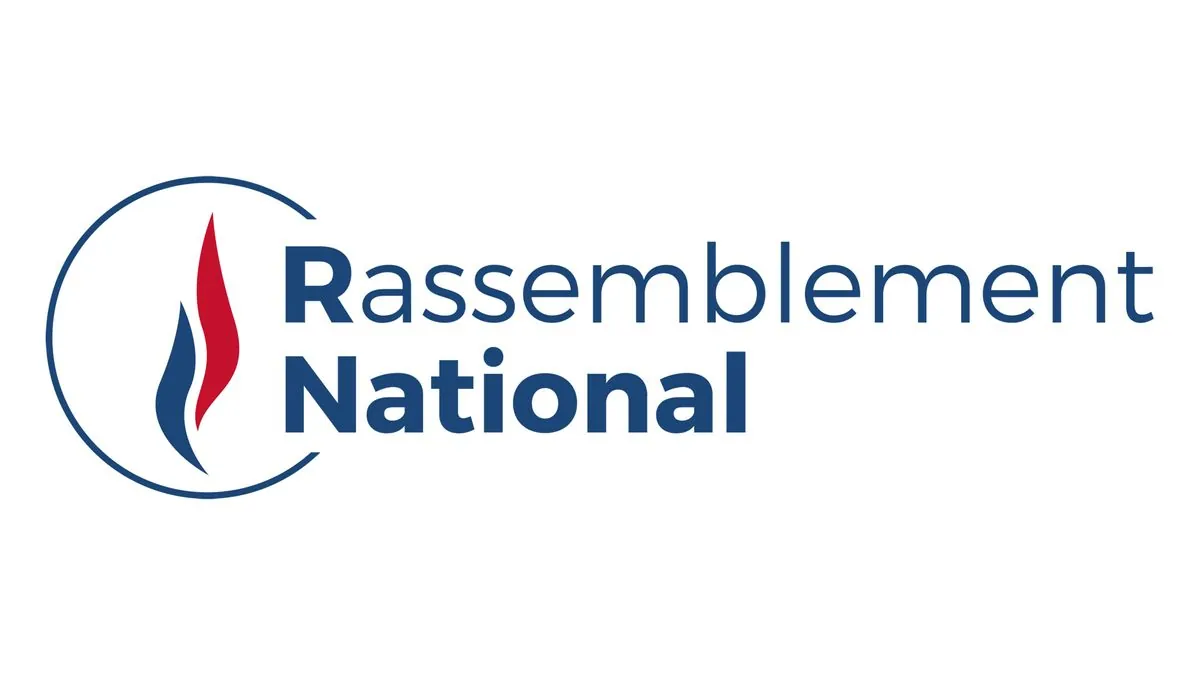Macron Seeks New PM: Party Leaders Summoned for Crucial Talks
French President Macron invites parliamentary leaders to discuss appointing a new prime minister following a hung parliament. Talks aim to build a stable majority amid political challenges.

In a significant political development, Emmanuel Macron, the President of France, has extended invitations to leaders of political parties from both chambers of the French Parliament for discussions scheduled for August 23, 2024. The primary objective of these talks is to pave the way for the appointment of a new prime minister.
This move comes in the wake of an unexpected election outcome on July 7, 2024, which resulted in a hung parliament, dealing a setback to Macron's centrist coalition. The current caretaker government, led by outgoing Prime Minister Gabriel Attal, has been steering France through the Paris Olympics.
The French political landscape is characterized by a multi-party system, often necessitating coalition-building for effective governance. The upcoming discussions will involve the presidents of party groups in both the National Assembly and the Senate, which together form the bicameral French Parliament consisting of 577 deputies and 348 senators.

The Élysée Palace, in a statement, emphasized that the aim of these meetings is to "build the broadest and most stable majority possible to serve the country." This aligns with the semi-presidential system of France, where the prime minister, appointed by the president, is responsible for domestic policy and day-to-day government operations.
"In the legislative elections, the French people expressed their desire for change and a broad-based consensus. In a spirit of responsibility, all political leaders must work to implement this desire."
It's worth noting that Macron has thus far not considered the candidate proposed by the left-wing alliance, the New Popular Front, which emerged as the top vote-getter in the recent election. This decision reflects the complex nature of French politics under the Fifth Republic, established in 1958.
A source close to the president revealed that Macron believes the election results have shifted the National Assembly's center of gravity towards the center or center-right. Consequently, he seeks a new prime minister capable of finding common ground with moderates across the political spectrum.
The upcoming talks and subsequent appointment of a new prime minister will be crucial in shaping France's political future. The outcome may determine the stability of the government and its ability to implement policies effectively in the face of a divided parliament.

As France navigates this period of political uncertainty, the eyes of the nation will be on the Palais Bourbon in Paris, where the French Parliament convenes, and the Hôtel Matignon, the official residence of the prime minister. The decisions made in the coming days will have far-reaching implications for the governance of France under its current constitution, adopted in 1958.


































